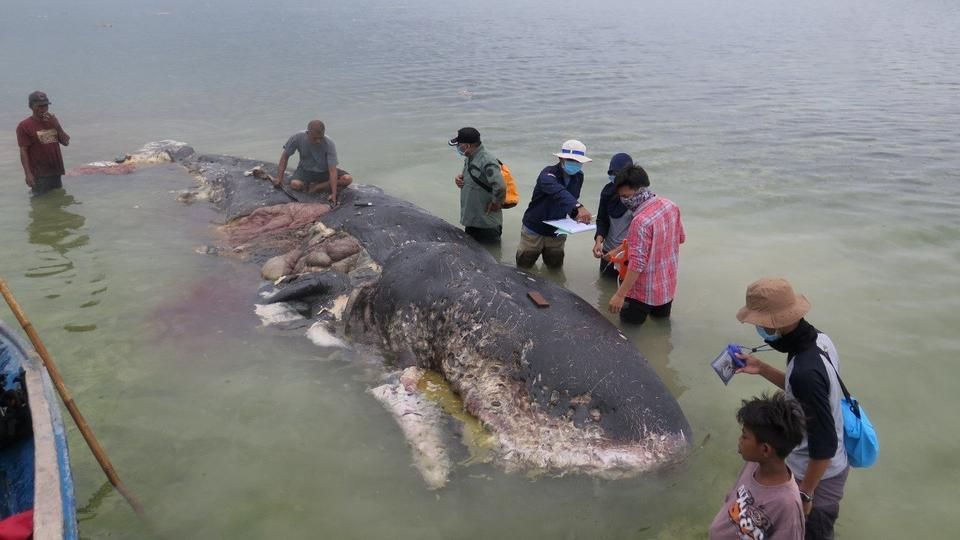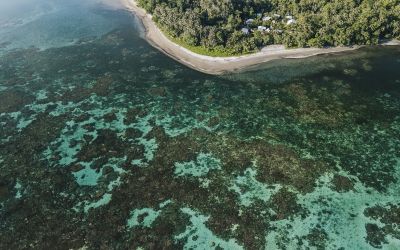Dead whale in Indonesia found with 1,000 pieces of plastic in its stomach
A whale, washed up on the shore in eastern Indonesian, has been found with 1,000 pieces of plastic in its stomach.

A whale, washed up on the shore in eastern Indonesian, has been found with 1,000 pieces of plastic in its stomach.
A statement from WWF Indonesia explained that at present they could not confirm whether the cause of death was from the items of plastic.
The whale, found stranded on Kapota Island on Monday, was found to have ingested 5.9 kilograms of plastic waste, including 115 plastic cups.
The Indonesian Government has previously pledged to reduce plastic debris by 70 per cent by 2025 as well as implementing a tax on plastic bags.
However, according to research published in the journal Nature Communications, Indonesia remains as one of the world’s largest contributors to plastic pollution, with many of their rivers ranking among the top 20 most polluted rivers in the world,
Louise Edge, Greenpeace UK senior oceans campaigner, said: “Our throwaway culture has turned whales' guts into dustbins for our plastic waste. And the global plastic contamination doesn't end there - this material is already in the food we eat, the water we drink, and inevitably in our bodies too. It's clear that we can't go on like this.”
The global problem of plastic pollution is continuously affecting marine wildlife. At present, 12.7 million tonnes of plastic end up in our oceans each year. This has resulted in over 267 species worldwide being affected and 700 species at risk of becoming extinct. It has also been reported that over 90 per cent of seabirds have plastic in their stomach.
Photograph: Kartika Sumolang

